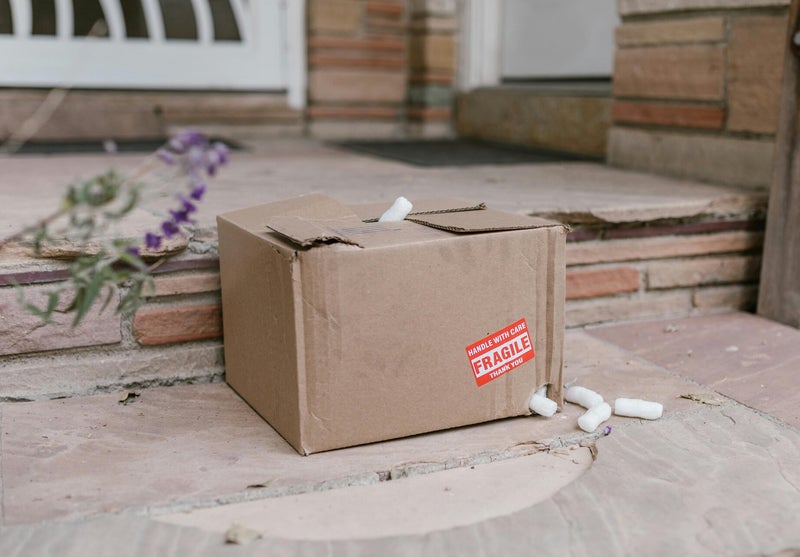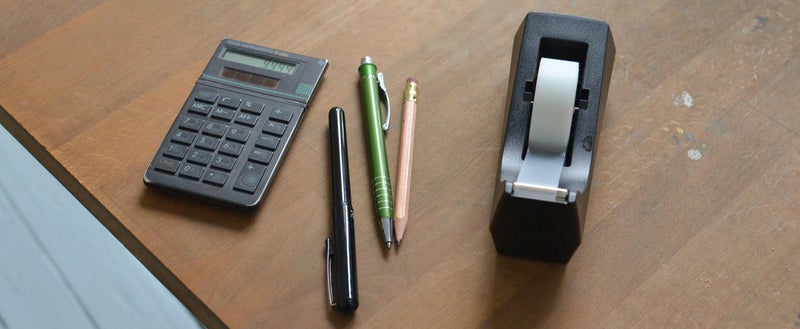
By Alison
“Many deaths leave survivors with unfinished business, but few may be said to create more of it than suicide.”
- Bruce Conley
Suicide and Its Aftermath; Understanding and Counseling the Survivors

The Remembrance –
As I mentioned in an earlier blog, the one thing I found myself able to plan after my husband’s passing was his Celebration of Life. At the time, it was the only thing I felt I could control in a world that had suddenly become unrecognizable. I needed to do something—anything—for him, something that honored the life we shared and the love that still remained.
His family arranged a beautiful funeral for him, but it was held two hours away from our home—our life—in Raleigh, North Carolina. While I was grateful for the care they put into it, there was a part of me that felt something essential had been left out. It was as if, in their grief, they had forgotten the life he had built here—the friendships, the community, the quiet routines, and the people who knew and admired him in ways they never saw.
That feeling hit me again when I saw the picture they originally wanted to use in the obituary—his high school graduation photo. A nice photo, yes, and certainly youthful considering it was 20 years ago (maybe that was the point?), but it didn’t reflect the man he had become, or the life he had built over the last two decades. It felt like they were trying to preserve a version of him frozen in time, rather than honoring the full, beautiful evolution of who he was.
That’s why the Celebration of Life mattered so much to me. It wasn’t just a ceremony—it was a reclaiming. A way to honor his story, the one we lived together, in the city we called home, among the people who knew his laugh, his routines, his heart. I wanted our friends, co-workers, acquaintances, and anybody who knew him to come remember him and say ‘goodbye’ in their own way.

When Grief Meets a Cardboard Box –
In the days leading up to my husband David’s Celebration of Life, a package arrived on my doorstep. It was from his workplace. I wasn’t ready for it—not emotionally, not mentally. I put the package in the corner of our bedroom, untouched. It sat there for a couple of weeks, quietly waiting, just as I was quietly trying to hold myself together through our new life.
When I finally opened it, I realized it contained the contents of his desk. Ordinary things. Personal things. A water bottle. A photo I had framed of our little family. His P-touch label makers—he used them for cords and to mark his belongings, always trying to keep things neat and organized.
These small pieces of him felt suddenly out of place, tucked into a box. Items that once lived where he did—on his desk, in his hands—were now stripped of context and meaning, reduced to “things” returned to me without a word.
What struck me most wasn’t just what was inside. It was when it had been packed. They had cleared his desk the day after learning of his death. He passed away on a Tuesday. By Saturday, I found a box from FedEx sitting on our porch; the day before his funeral. The funeral hadn’t even happened yet. There was no phone call to prepare me. No note of sympathy in the box. No acknowledgment of the grief we were drowning in. Just a shipment. And that was hard.
It was hard to grasp. Hard to accept. Hard to believe that the company he had given so much to—part of a global organization—could be so transactional in the wake of something so deeply human.
What made it even harder was the contrast. I had gone out of my way to make sure David’s colleagues had a way to honor and remember him, even if they couldn’t make the two-hour drive to attend the service. I opened the door for them to grieve. But in return? They made sure his desk was cleared before the funeral even took place. As if he were already replaced. As if a human being could be packed into a box and shipped out with Friday’s outgoing mail.
That box wasn’t the only reminder of how quickly a life can be erased in the workplace. At his Celebration of Life, more of his desk items appeared. Rather than arrange a quiet, appropriate time to deliver them to my house, the company handed them to me—during the condolence line. Not by his manager. Not by the HR representative. But by a colleague he respected. Someone who shouldn’t have been placed in that position. It was one more example of what felt like a series of careless decisions—more about convenience than compassion.

Does Corporate Culture Lack Empathy?
I’m sharing this part because, at some point, companies need to find real empathy for their employees and their families—especially in moments of sudden loss. As families, we make the arrangements for everyone to say ‘goodbye,’ so be considerate and thoughtful in your actions.
Mailing a box of David’s belongings less than a week after his passing, only for it to arrive the day before his funeral, is simply unacceptable. Delivery services provide estimated arrival times—this could have been handled with more care. Waiting a couple of weeks, or even hand-delivering it with sensitivity, would have shown basic human decency. Let me decide whether or not I’m ready to open the door to speak to you.
And then, to have a colleague show up at the Celebration of Life with even more office supplies—what message does that send? That his life had no value to them? That the company doesn’t care about its people? Or worse—that everyone is replaceable the moment they’re gone. Honestly, the Managers who came to the ceremony were lucky I didn’t cuss them out for the way they handled David’s situation – I was livid when I met them, but held back because I didn’t want to be compared to their ignorance.

Time For Change – We Need To Do Better
Many companies don’t have formal policies for what to do when an employee dies—especially when the loss is sudden or the circumstances are complicated. But you don’t need a policy to act with empathy. You just need to be human.
This isn’t only about one company’s poor handling of a tragedy. It speaks to a broader issue: how grief is handled in the workplace. How death is processed by systems built to keep moving. How people are too often seen as roles, as titles, as bodies behind desks—until they’re gone, and someone else needs that desk.
What would it look like if we paused? If we acknowledged the person before replacing the position? If we made room for grief in the places where we spend most of our waking hours? David mattered. And how people treated his absence mattered too.
While many companies have well-defined protocols for things like onboarding and disciplinary action, few are adequately prepared for handling the death of an employee—especially when it happens suddenly or in traumatic circumstances. But common sense and compassion should fill that gap. And in the absence of guidance, what filled the space was bureaucracy and avoidance. What my family received was not compassion, but checklist-driven responses—if any response at all. Sadly, this is not rare.
The way my husband’s belongings were handled, and the absence of leadership during the most sensitive moments, said more about the company’s culture than any value statement ever could. It showed a culture afraid of discomfort, unprepared to offer dignity. Still, I’m grateful to the colleagues who did show up—to those who spoke his name, shared stories, or simply checked in. Even some of the more procedural responses felt like attempts to navigate a broken system with what little people had.
Together, we made sure his coworkers had a way to remember him. That’s dignity. That’s humanity. That’s what his employer should have shown from the beginning. I can’t rewrite what happened. But I can share it—so that maybe someone else doesn’t have to go through the same silence. So that Human Resource teams, managers, and leadership understand that when someone dies, how you respond stays with the family forever.
Sometimes, the deepest hurt doesn’t come from what’s said—but from what’s done.
Or worse—what’s not.


Add comment
Comments
Allison, this breaks my heart even more! I know it was hard to have his remains in such a far away place! I wondered about this also. The company was so insensitive and absolutely wrong to mail you a package! I can’t believe nobody could take time out to hand deliver condolences and property remains! We all know as bad as it is, but this is our world that we live in! I know we’re all so quickly replaced but it’s unethical that people are so insensitive! Much love and many prayers for you and the children ❣️. You will always be family to me❣️